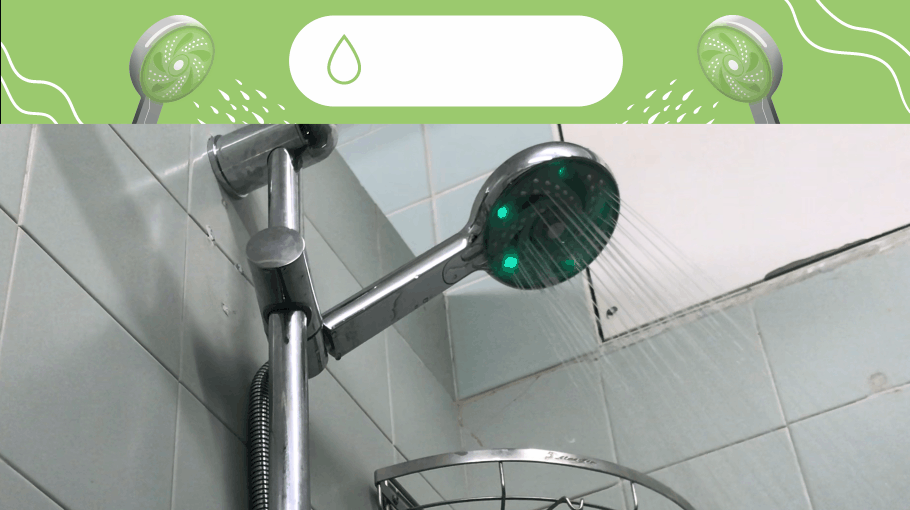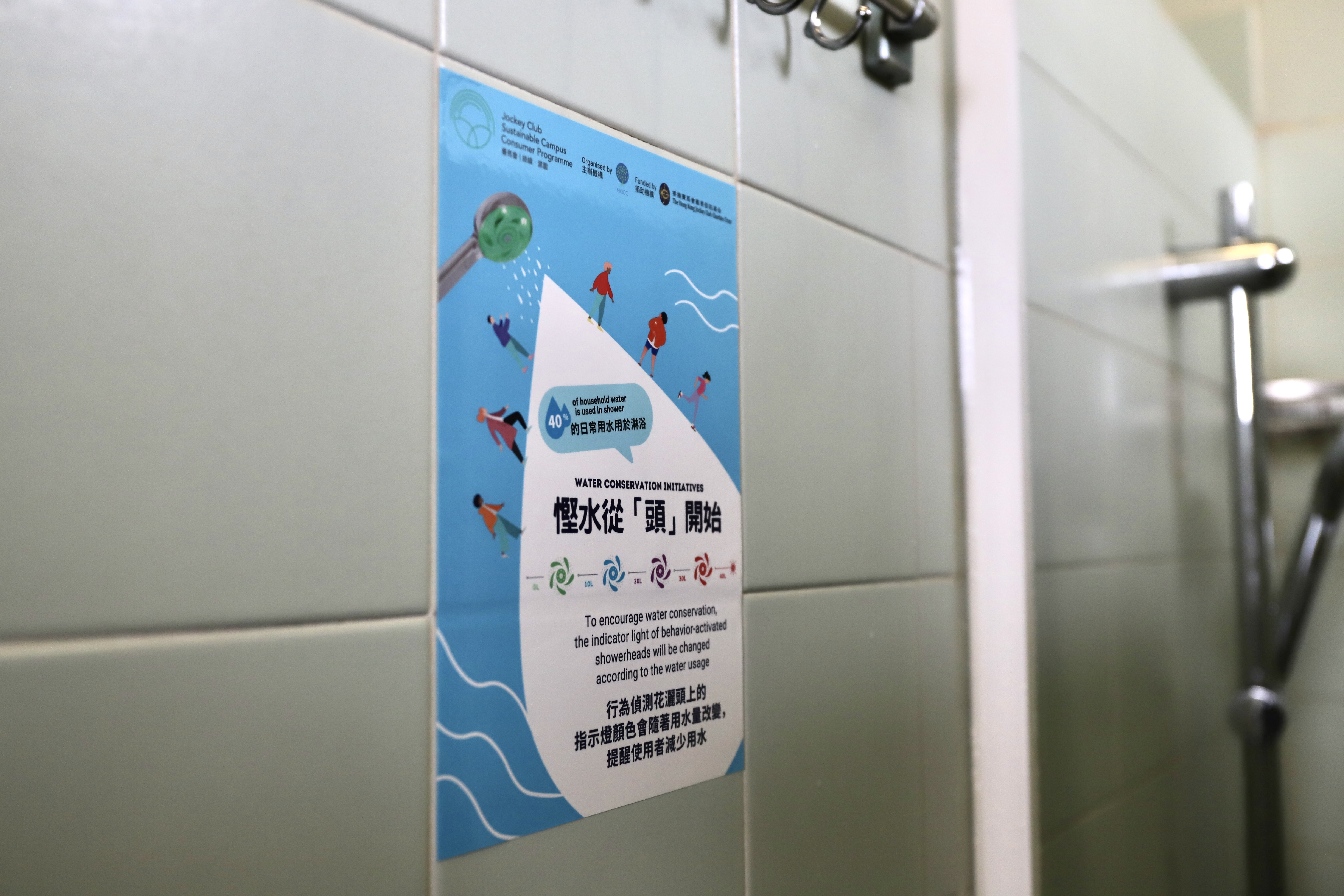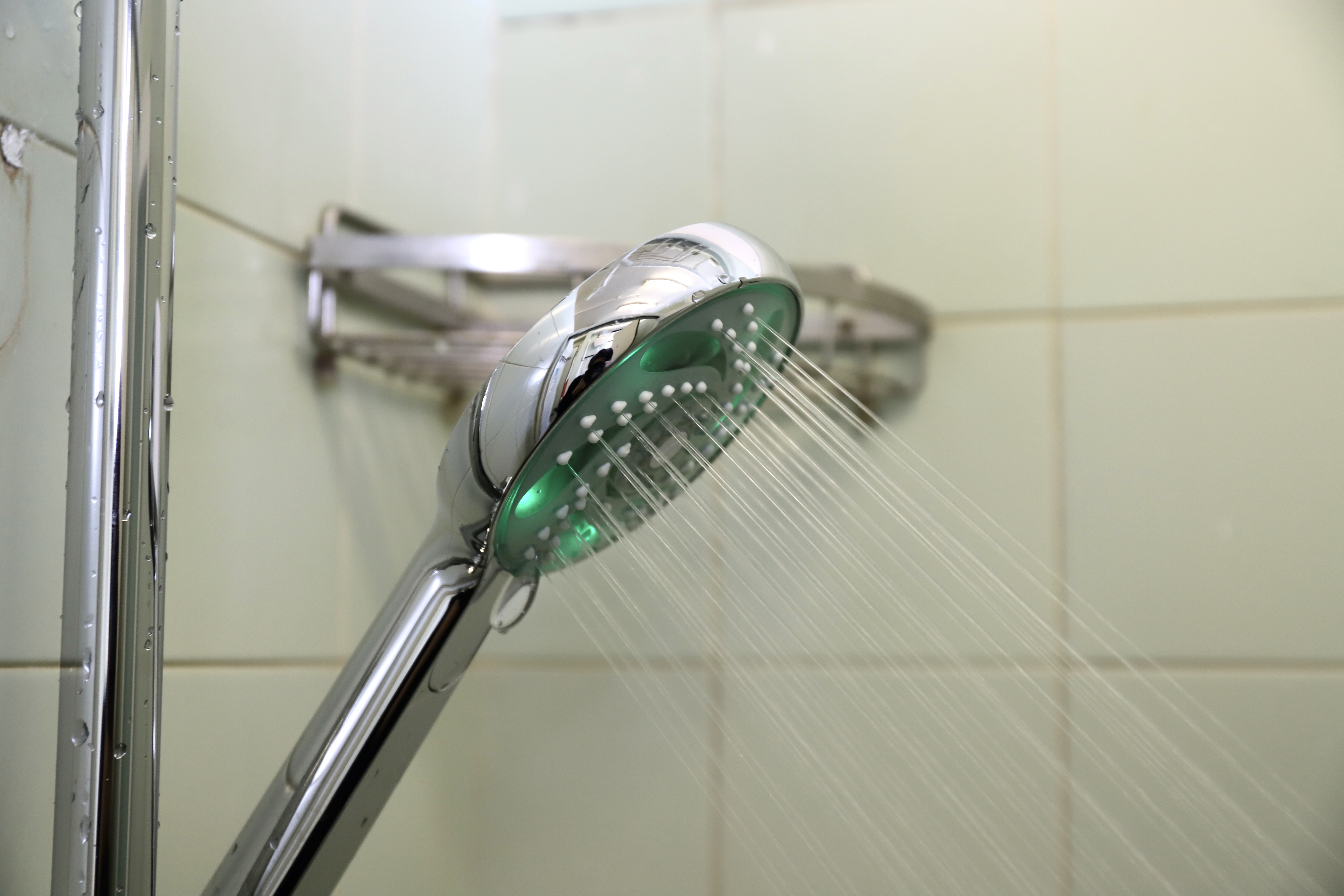Water-Saving Smart Showerhead
Sponsored water-saving smart showerhead installation for 8 universities managed by HKUST through JCSCCP
A key element of the Jockey Club Sustainable Campus Consumer Program (JCSCCP), the WCI’s aim is to slash per capita water consumption by 5%. Based in HKUST’s Sustainability/Net-Zero Office, JCSCCP was officially launched across eight local universities in 2021 with HK$15.68 million of funding from The Hong Kong Jockey Club Charities Trust (HKJCCT). As the Project Management Office of JCSCCP, HKUST is working with all member universities to formulate new initiatives aimed at promoting: (1) responsible choices, (2) responsible consumption and (3) responsible consumer activism.
A key initiative of the JCSCCP to reduce per capita water consumption is the water-saving smart showerhead carbon reduction measure. Started in 2022 and funded by HKJCCT, the programme will install 1000 showerheads across eight publicly-funded university members of the Hong Kong Sustainable Campus Consortium (HKSCC) by the autumn of 2023.
The heart of the system is an integrated water-powered LED light that changes color in line with actual water usage; going from green when water starts flowing and changing every 10L. Once 30L is consumed (around 4.5 minutes in), the light will urge users to hurry up by turning red.

Cutting water consumption to as little as 6.6L per minute, the showerheads’design is extremely water-efficient. The quoted figure is roughly 26% less than conventional shower units rated Grade 1 by the Hong Kong Water Supplies Department's Water Efficiency Labelling Scheme.
Community education through dashboard and student engagement initiatives
The infrastructure aims to raise the community awareness regarding the responsible consumption of water.
As only collective efforts will guarantee the initiative’s success, saving water is a habit every student should adopt. That said, merely guessing savings is not nearly as impactful as actually seeing them. To keep everyone informed about how much water they have saved, the system will soon incorporate a real-time WCI dashboard. Posted online and in participating halls’ lobbies, its regular hall-by-hall consumption updates will include average shower durations and volumes.
Once up and running, the real-time water consumption dashboard will generate data which will provide a useful platform for further enhancements. Specific data will even enable more in-depth study of individual variables. In addition to users’ genders, specific examples include hall culture and how exposure to educational materials is contributing to water consumption patterns. This will in turn also pave the way for the eventual launch of student engagement initiatives such as challenges and a rewards scheme for halls saving the most water.

